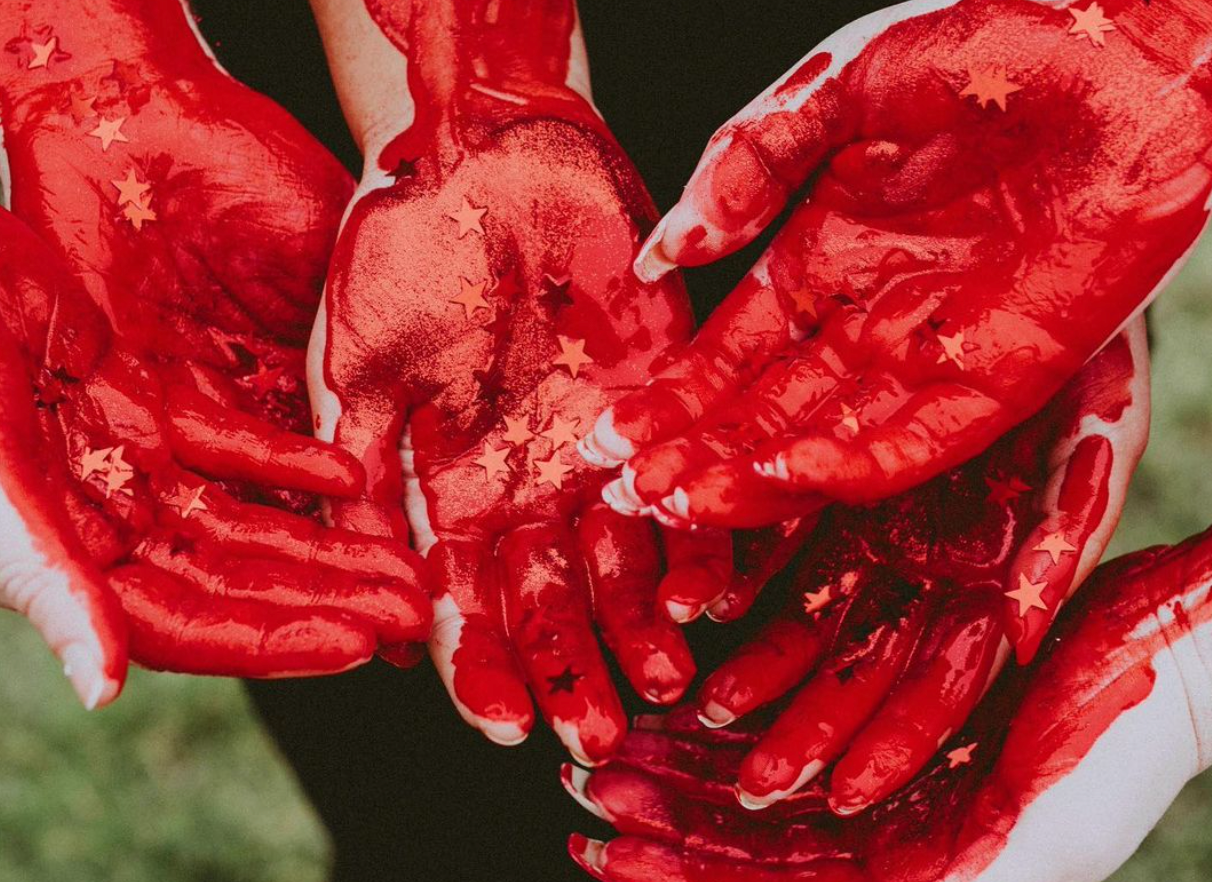Articles

Rosalind Jones: In the last few years, the topic of menstrual justice has made its way into the mainstream. The most recent wave of feminism shed light on many instances of inequality and misrepresentation around periods, such as the dehumanizing depictions of menstruation in advertising , the classist misogyny rooted in how tampons are taxed, and the gender-essentialist language typically used to talk about menstruation. Similarly, in the last several months the movement for police and prison abolition has gained mainstream attention, perhaps best exemplified in Mariame Kaba’s excellent New York Times piece “Yes, We Mean Literally Abolish the Police .” While the movements for both menstrual justice and for abolition have been met with pushback, they arguably have reached a wider audience and more visible platform recently than ever before. Yet, despite these gains, discussion of the way these two movements overlap has not received the same mainstream attention. The last few years has seen a marked improvement in the stigma and representation around periods. And while these have been valuable steps towards progressive change, they often fail to address the underlying causes of menstrual injustice. If we are to achieve true menstrual justice, we must strive for a society that upholds the agency and body autonomy of all people, that upholds the right to decide what happens with one’s body, to feel comfortable and safe in one’s body, and to exist in a body that’s value is inherent and not determined by its productivity or normativity. In seeking this kind of agency for all, we must also tear down any institutions that rob people of such agency. To aid in this labor, Operation Period coined the term ‘menstrual freedom’ to address the root causes and oppressive systems that must be abolished in order to create a world that is safe and just for all who have periods. While the current language, ‘menstrual equity,’ a term coined by Jennifer Weiss-Wolf, speaks to the need to make menstrual products and services available through policy, it does not delve into the crux of the issue and the systems at play that negate an individual’s right to bodily autonomy, nor does it tackle the systems that stand between all menstruating people and liberation. To us, it is not enough to address only the symptoms of systemic issues. As menstrual freedom proponents, we must uproot these oppressive power structures that lead to a negation of bodily autonomy from their foundation. To accomplish this end, we must dismantle and abolish the physical manifestations and ideological representations of racism, misogyny, homophobia, transphobia, ableism, and classism. We must also confront the violence of the single-use product industry. These companies not only use tons of single-use plastics in their products, but they are also under no obligation to disclose their ingredients, and therefore are a threat to the environment and the health of menstruators. It is for these reasons we have chosen the wording of menstrual freedom; to mirror the framework of reproductive freedom, which seeks to dismantle the same oppressive power structures, and also acknowledges the interconnected nature of these issues. But what is abolition? Abolition is a framework led by a vision to end all oppressive institutions of state violence (prisons and policing) and was born out of the abolitionist movement to end the enslavement of Black people almost two centuries ago. Abolition is a rejection of reformism, but it is a framework based in hope. Abolitionists know that systems which were designed to cause harm can never become systems that prevent harm and that the only solution is to tear down those systems and build new ones. Abolitionists also recognize that tearing down these systems is a collective responsibility instead of an individual one, and base themselves in building power outside of dominant systems. Therefore, abolitionist campaigns and actions are based in an insistence that any actions taken regarding tearing down oppressive systems be actions that actively reduce the scale and funding of these systems and which consistently challenge the notion that their validity in the first place. To paraphrase Derecka Purnell , abolition is about finding new solutions to harm and creating new ways to prevent harm before it starts. For people who are incarcerated, the cost of accessing menstrual necessities is immense. Menstruators are directly and continually harmed by the prison system. On the most basic level, many prisons do not provide people with pads or tampons. Often times, someone who is menstruating must ask a cis-male correctional officer for pads — a process that more often leads to humiliation and shame than access to these necessities. Per a report by the ACLU , correctional officers in many prisons make incarcerated people negotiate or compete with each other for a sparse supply of tampons or pads, in one case forcing 30 people to fight over 12 pads. Many incarcerated menstruators are forced to bleed for days in their prison jumpsuits with no way to clean themselves or wash their clothes. When menstrual products are provided, they are often inadequate or defective — for example, some prisons only provide pads without an adhesive liner so there’s no way to hold them in place, or the tampons available are so abrasive that using them puts a person at risk of contracting a staph infection . And, of course, all of these issues are exacerbated for people with endometriosis or other menstruation-related health conditions as there is no access to treatment for pain or excessive bleeding. Furthermore, incarcerated people who want access to better or more consistent menstrual necessities have to purchase them at over-inflated prices from the commissary with the little money they have. On average, an incarcerated person makes less than $3.50 per day in prison, and having to spend any of that meager wage on tampons is a cost they clearly can’t afford. Making incarcerated menstruators pay for necessities is especially horrifying because the money is fed directly back into the prison’s maintenance itself, and therefore into maintaining the prison industrial complex . Not only are menstruators’ bodies weaponized against them by the prison system, but so is their manufactured poverty. This is highlighted by the fact that incarcerated people seeking menstrual necessities are also often forced to trade sex for access to tampons and pads. In other words, they are sexually assaulted by correctional officers and their bodily autonomy is robbed further in their quest for basic dignity. Rampant abuse and manipulation of menstruators committed by the state is not just limited to prisons and affiliate sites, but to immigration detention centers at the border as well. Even children and teens who are being detained in cages at the border are denied access to adequate menstrual necessities and are made to sleep in soiled, bloody clothes for days. The prison industrial complex’s relentless commitment to stripping the agency and autonomy of incarcerated people, especially menstruators, is the primary intersection between the movements for menstrual justice and abolition. This intersection is rarely spoken about by the mainstream menstrual justice movement, though, because liberal feminism has always dominated the narrative around how to achieve and sustain menstrual justice, emphasizing individual gains, representation politics, and reformist principles. If we are to achieve true menstrual freedom, we must strive for a society that upholds the agency and bodily autonomy of all people, that upholds the right to decide what happens with one’s body, to feel comfortable and safe in one’s body, and to exist in a body that’s value is inherent and not determined by its productivity or normativity. We must also tear down any institutions that rob people of such agency. In a heteropatriarchal society, such as ours, stigma around menstruating bodies informs systems, causing barriers to education, health, and opportunities — limiting the agency and autonomy of menstruators. Police and prisons are state-sanctioned sites of violence designed to control, harm, and strip people of their agency, and these realities are magnified for BIPOC menstruators. Therefore, anyone who truly supports menstrual justice must recognize that abolition will mean true menstrual justice. Though these issues have been written about in the media, the conclusion drawn usually ends with some call for reform — that (at best), we must ensure incarcerated and detained people are granted unfettered access to the menstrual necessities they need. But rarely do these conclusions challenge the incarceration and detainment of people in the first place. And while non-reformist reforms can meaningfully improve the conditions of those suffering, we must also recognize that there is no true menstrual freedom within a carceral system, for the two are incompatible. True menstrual justice centers around agency and the ability to make choices for one’s body without shame, stigma, or fear. The prison industrial complex denies a person’s freedom to bodily autonomy. Therefore, for us to create a society where tangible menstrual freedom is possible, we must abolish prisons and the carceral state.

Deana Ayers: Operation Period has always been aware that distribution of menstrual products is incredibly important, but not enough to change the ways that Western society has stigmatized menstruation. Our organization recognizes that there is political, economic, cultural, and educational work that needs to be done across the globe if we want every menstruator to have the support and resources they need to be successful. As the new Advocacy Director of Operation Period, I’m working with the staff to guide our work into the radical direction that we have been on the cusp of since inception. Angela Davis defines being radical as “grasping things by the root”, and we do the same in our work. For example, when we distribute menstrual products, we go to the root of the issue. Of course we want to make sure that every menstruator has everything they need, materially and socially, to experience their period in a way that empowers them rather than oppresses them. But we also ask the hard questions about why this isn’t the case already. An example of the way we do this can be seen in homeless shelters. Our organization provides menstrual products to unhoused people who receive help from nonprofits. On the surface, the problem is that they don’t have access to menstrual products. But as we dig deeper and keep asking why, we get a better sense of the systems in place. Period poverty is part of a bigger, more gruesome part of society: poverty. Once we start thinking about issues at the root, we can make sure that our solutions are sustainable and meaningful. Another issue we are working on is the relationship between menstrual injustice and incarcerated people. How can we hope to ensure that incarcerated people have menstrual freedom if the history of prisons is located in dehumanization? It would be impossible, even if we provided products for every incarcerated menstruator, or tried to work with jails and prisons to change the culture of abuse their employees inflict. The system of policing is rotten to the core, and that means that every incarcerated menstruator is suffering. We see the ways that oppressive systems like incarceration, capitalism, anti-Blackness, and queerphobia intersect with menstrual injustice in the United States and beyond. As long as systemic racism, sexism, transphobia, classism, and every other -ism exist, there is no way for every menstruator to experience their period in a way that doesn’t allow society to hold them back. So when we say we are dedicated to ending menstrual injustice, we are also dedicating ourselves to the liberatory work of dismantling those systems. LINKS OF INTEREST The Sickening Truth About What It's Like to Get Your Period in Prison: https://www.womenshealthmag.com/life/a19997775/women-jail-periods/ Meaning of Abolition: https://twitter.com/theleilaraven/status/1272301572127670280





